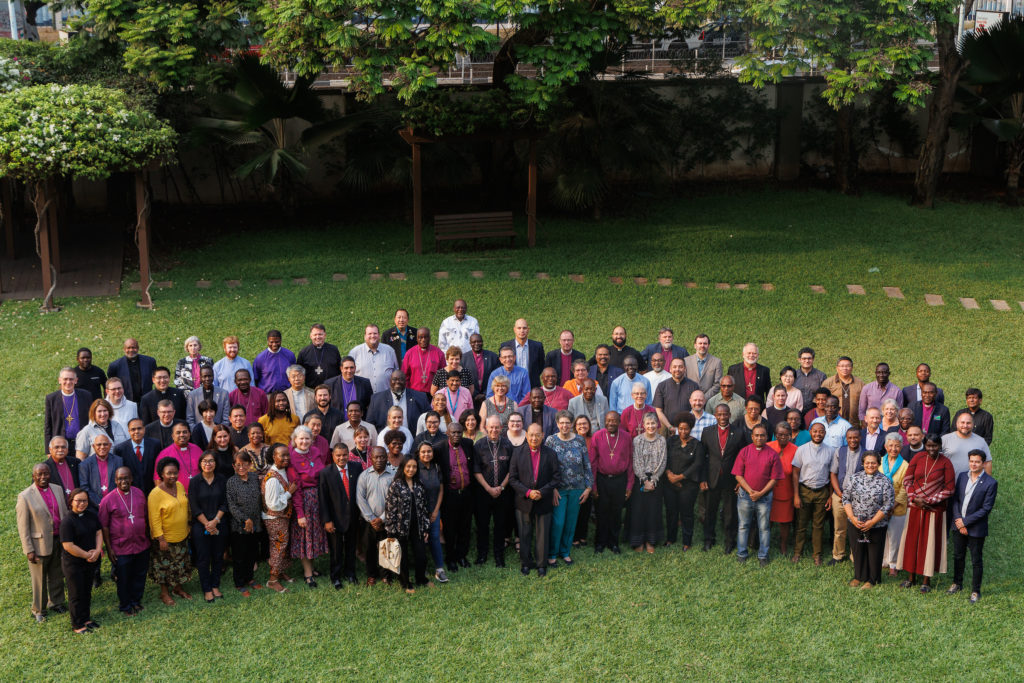From 11 to 19 February 2023 the Anglican Consultative Council met in Accra / Ghana for its 18th Assembly. The ACC meets approximately every three years and is considered the most important instrument of the worldwide Anglican Communion, alongside the meeting of the archbishops of the 42 church provinces (annually, the so-called primates meeting) and the Lambeth Conference (every 10 years all 700 diocesan bishops meet).
The churches in communion are invited to attend all meetings as permanent guests without the right to vote but with the right to speak. Besides us, these are the Indian Mar Thoma Church and the Independent Church of the Philippines. For the Old Catholic Churches of the Union of Utrecht I am the representative in the ACC and in the Lambeth Conference (the last one took place in summer 2022) together with Archbishop Bernd Wallet from Utrecht, who is also invited to the “primates meetings”.
The ACC does not make decisions in the legal sense, but only resolutions. However, these recommendations have an ethically binding character for all member churches. Also, in contrast to the other two assemblies, it is not only a meeting of bishops, but sees itself as a kind of parliament with 1/3 laity, 1/3 diaconate and presbyterate and 1/3 episcopate. The church provinces elect these 110 delegates.
Anyone who follows the agenda of the ACC meetings will discover that it is always a reflection of the circumstances of the time or the current challenges. This time, the focus was on climate change and the blessing of same-sex couples. Global warming has serious consequences in Polynesia and Melanesia. If, for example, an island is 8 m at its highest point and the sea level rises by 2 m, entire islands and thus also Anglican dioceses – even entire island states – will soon sink into the sea or become uninhabitable – and the population will have to escape to New Zealand and Australia. The continent of Oceania has no lobby and is most affected by global warming. The majority of the ACC, with about 60%, still rejects the blessing of same-sex couples in addition to the classic marriage of a man and a woman in view of the Bible and tradition, and logically therefore also marriage for all. It is almost impossible to talk objectively about this topic with the representatives from Africa and Asia. Other main topics were ecumenical relations and the difficult situation of churches in predominantly Islamic countries. In the middle of the conference there was an excursion to Cape Coast. From this fortress, the various colonial powers (before the British, the Portuguese, Swedes and Danes were in what is now Ghana) operated the slave trade to South and North America until it was banned. A service in the Anglican Church of Cape Coast commemorated these people.
Bishop Harald Rein

